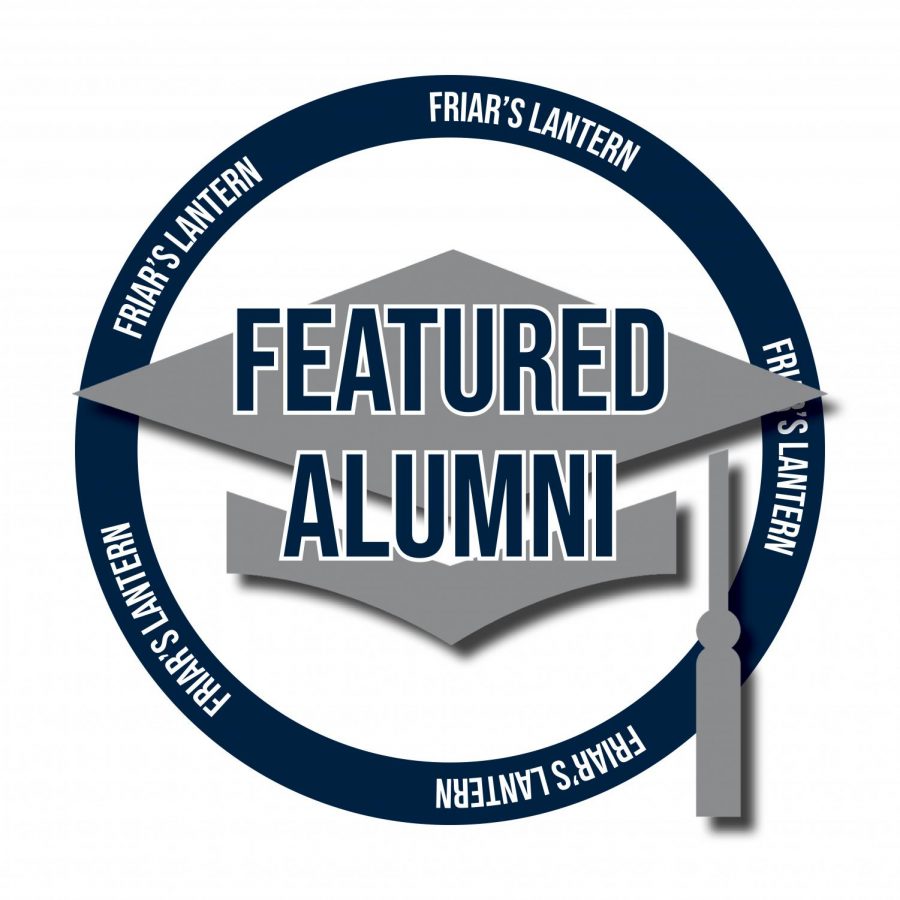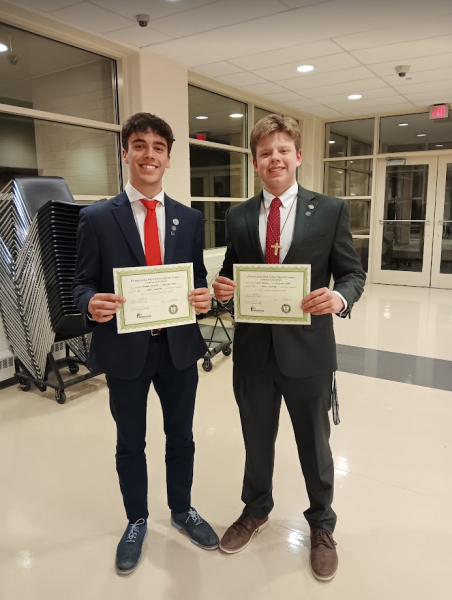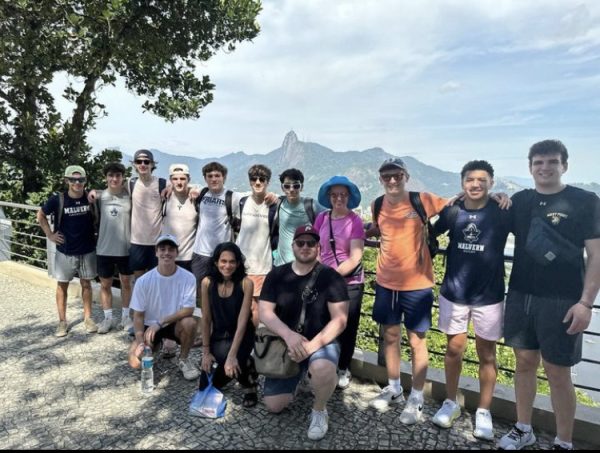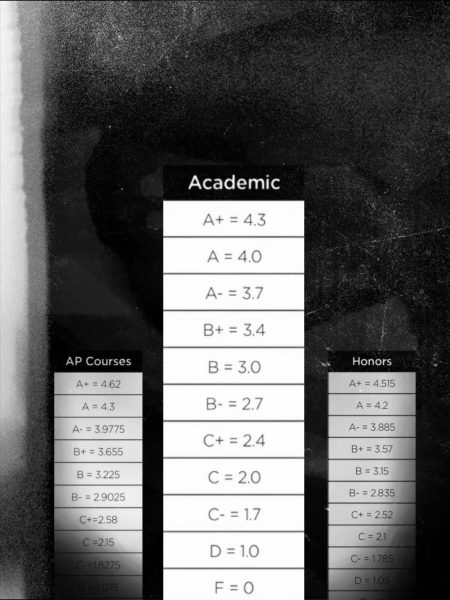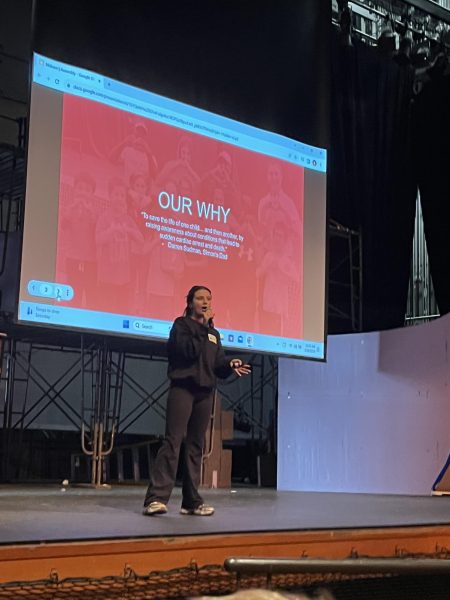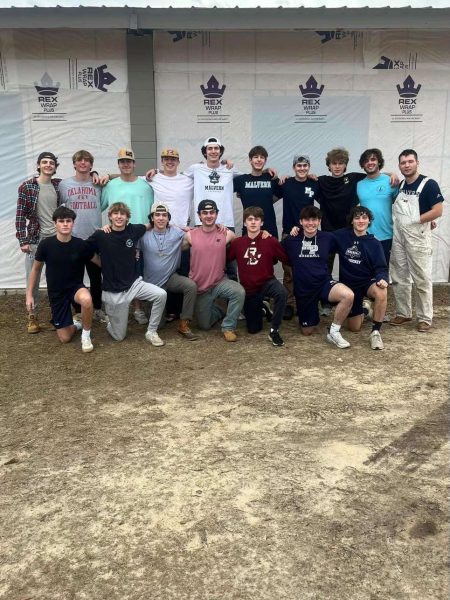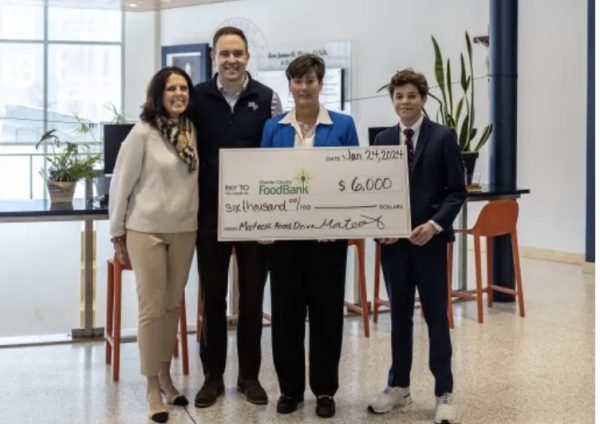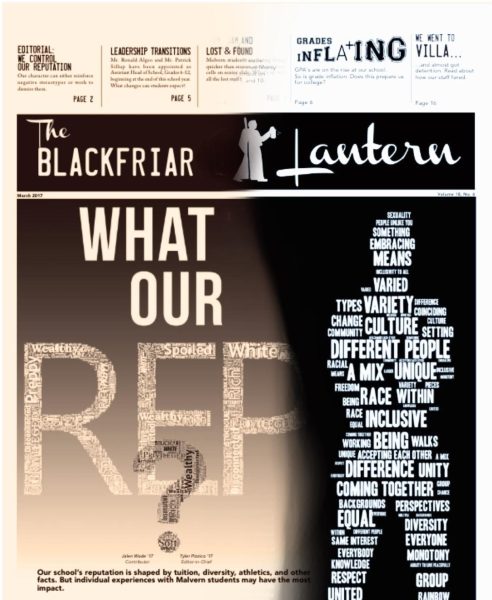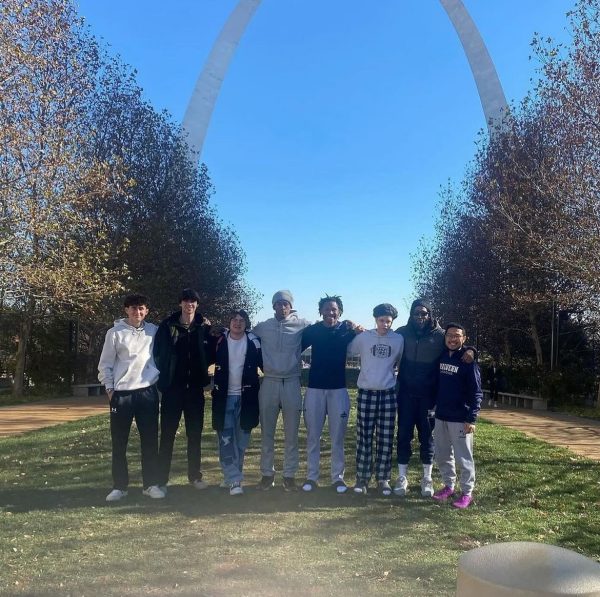Alumnus of the Issue: Mr. Stephen Borish ‘10
With only a few years at Malvern under his belt, Borish has his hands full with countless clubs and classes that seek to make Malvern a better place for all.
Science was always an area of interest for Borish. At the time, Malvern had a mandatory biology class freshman year, and that’s when he fell in love.
“We did a huge project out by Blackfriar Pond where we collected specimens,” he said. “It was so much fun and I fell in love with [biology].”
During his sophomore year, Borish became the first Malvern student to participate in the Global Exchange Program.
“I did an international exchange and went to Panama. In my senior year, I went on a second exchange trip to Spain,” Borish said.
According to Borish, the exchange trips would turn out to be invaluable. Along with finding a love for Spanish, the trips played a major role in his journey of self discovery.
“I think those trips allowed me to experience myself in a different context outside of Malern’s campus, and I needed that,” he said. “I was living in a world that was more than Malvern, where I could be societal, and I could be myself and experience really good friendships with people who cared.”
After graduating from Malvern, Borish pursued two majors at Temple University: Spanish Linguistics and Simultaneous Translation and Molecular Biology.
“I love Temple. It is a fantastic community. It’s so diverse and financially accessible. There’s so much to get from it,” Borish said.
During his undergraduate studies, Borish worked in the International Affairs Office at Temple, specifically working in a program designed to teach English as a foreign language.
“We had a lot of people who were either in royalty and wanted to learn English, in government, or were required to understand it for a job. They would leave and have a very proficient understanding of English as a result,” he said.
Simultaneously, Borish was completing his degree in Molecular Biology. He joined a research group that was studying and trying to develop drugs to treat HIV.
“We were trying to figure out if we could genetically manipulate the HIV genomic information so that it was no longer readable. As a result, it couldn’t be used to make more copies of the virus in a person,” Borish said.
The research group also researched if they could create a chemical that would look identical to the bases that make up the genetic material of HIV, causing the virus to make a copy of it, which will fall apart in time.
“When the virus uses those analogs to make its DNA or RNA, all the nucleotides fall apart. When you don’t have the nucleotides in the chain, you don’t have the message, so the information isn’t preserved and the virus is gone,” Borish said.
In 2016, Borish came back to Malvern to teach science, but did not limit himself to teaching classes. From his experiences as a student, he knew he wanted to change certain aspects of Malvern.
“I think part of the reason I came back was because I knew what needed to be fixed,” he said. “Since I got here I’ve tried to initiate that change in some form, from a place of love.”
During his first year, Borish taught freshman Biology, which he enjoyed greatly. The next year, he also taught Honors Chemistry.
“I loved Honors Chemistry. I thought that it was an amazing experience. I studied biochemistry in molecular biology, so it’s something I love. Dr. [James] Fry was my chemistry teacher when I was at Malvern, so he and I go way back,” Borish said.
Later, he started teaching AP Biology. His proudest class, however, is one that he developed from beginning to end called Modern Medicine. It discusses medicine in the twenty-first century.
“We approach different topics that come up in medicine, such as how your identity influences the opinions you have about the medicine and care you receive,” he said. “We also look at the interactions you have with people that have different diseases than you and why.”
Overall, the course aims at studying the complexity of the health care systems and decisions people have to make in it.
“It’s about how we approach medicine in the 21st century, so that people are validated in some way, and not minimized because of the disease that they have,” Borish said.
Borish is also heavily involved in extracurricular activities at Malvern. He used to be head of both Christian Service and the Diversity, Equity, and Inclusion Club, which he’s very proud of.
“I think if you are not adept at topics relating to equity and inclusion, then you’re out of place,” he said. “Hopefully, those types of discussions will be at the forefront of what we do in school, and they’re some of the most important conversations that we can have.”
ST@MP, which was also created by Borish, included multiple student-run workshops that discuss an array of social justice issues.
“After [the workshops], you go and discuss reflections from the day from the different sessions that you went to,” he said.
Borish then created the class Mosaics to allow the student ST@MP Committee to have a specific time to plan their events, however, the class formed into something different.
“It transitioned to more of a sociology class,” Borish said. “We talk about social issues and systems of power on campus and in [the student’s] own lives.”
Believing diversity awareness is extremely important, Borish also created SEED, or Seeking Educational Equity and Diversity.
“It’s an experience with many faculty and staff members talking about identity and the role it plays in your job on a school campus,” Borish said. “A lot of people have said that it has transformed them in some way.”
Courageous Conversations, which are regularly held with students now, used to be mainly for faculty. Borish started the conversations so that teachers could talk about certain subjects with complete honesty.
“Every session we would have like 15 people come, and it would be a talk about white privilege or something like that. A lot of people would come and discuss [the topic]. They would want to learn. It was a good time,” he said.
He also runs the Annenberg Medical Science Symposium at Malvern.
“A group of students pick a topic that they like about medicine and then they spend the year researching that topic. They present in front of a panel of doctors at the end of the year on their topic. It’s a cool experience,” Borish said.
Borish also used to be the Director of the middle school musical. He hopes to do it again when he has more time.
“I loved middle school students. They have a ton of energy and are so creative and can come up with the most amazing projects and lines,” he said. “It was such an awesome experience.”
With the help of Mrs. Wright, Borish helps run the Spanish Honors Society.
“It’s fantastic and Mrs. Wright and I love that. We did Spanish Club too, which has evolved, but we’re hoping to bring it back to life next year,” Borish said.
Although Borish is teaching classes and running clubs at Malvern, he is also finishing his PhD at Drexel University.
“I’m studying Molecular Medicine, which is a fairly new field,” he said. “I fell in love with it because I had done health medicine research in the past when I worked on diabetes and HIV. Being able to do research in a field that directly translated to helping people was something that I was interested in.”
Currently, he is doing a project on finding a vaccine for C. difficile, which infects about 500,000 people annually, and is responsible for over 20,000 annual deaths.
“Those are preventable deaths. Most of the time a person who has C diff got it because they needed to take antibiotics while they were in the hospital. As a result of depleting the bacteria that make up their microbiome, their gut takes over and causes really serious harm and diarrhea and lots of messy stuff,” Borish said.
Borish believes that the vaccine he is working on could be a large help for the patients and hospitals.
“The vaccine that I’m trying to develop would allow the person’s immune system to attack the C. difficile bacteria before it ends up producing toxins that cause disease in humans,” he said.
The vaccine would not only save thousands of lives, it would save the healthcare system billions of dollars every year.
“I want to say about $4 billion a year is spent on complications due to C diff infection,” Borish said. “A vaccine would be phenomenal.”
With a jam-packed schedule and countless responsibilities, Borish consistently proves that he is committed to making the world, and especially Malvern, the best place it can be.


